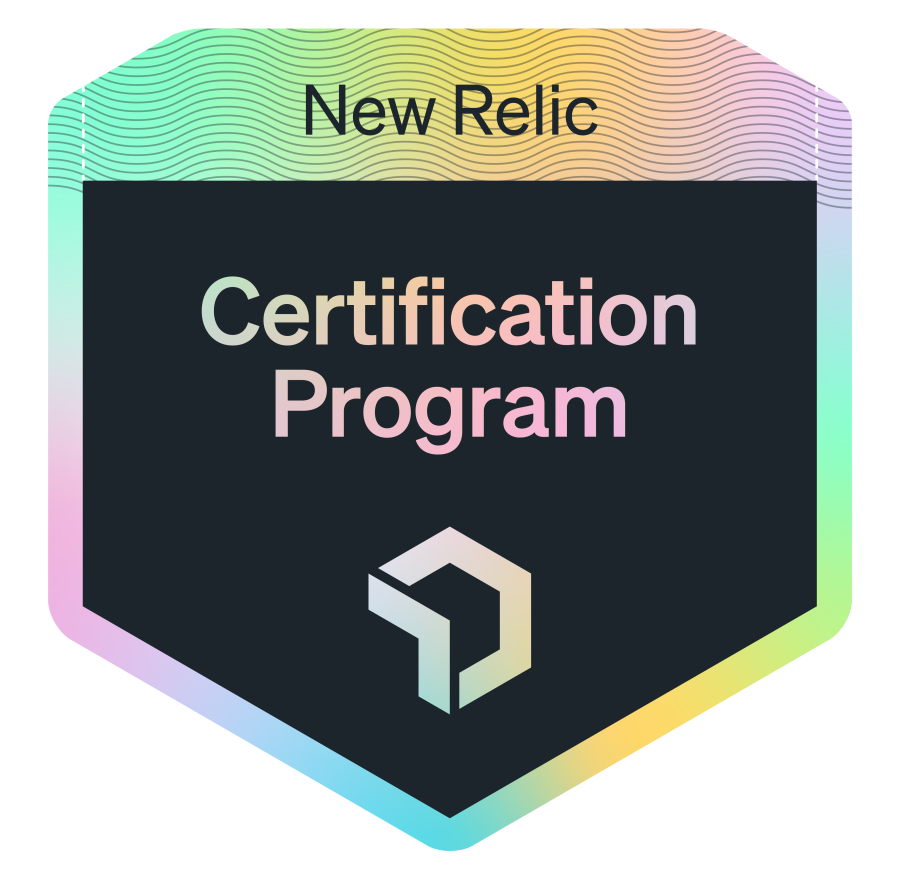
"Observability is the practice of understanding a system's performance through the data it generates. It goes beyond traditional monitoring by offering deeper insights into system behaviors, enabling engineers to enhance performance and reliability proactively. As companies realize the value of observability in maintaining their digital eco-systems, the demand for skilled professionals capable of leveraging these insights increases, adding observability skills to existing roles like IT Operations, Cloud Architecture, Security Engineering, as well as new roles like Site Reliability Engineers (SREs)"
"In the fast-evolving world of digital ecosystems, having real-time insights into application performance and security is vital. As the complexity of these systems grows, so does the demand for observability solutions. This growing industry doesn't just call for tools and technologies-it's increasingly dependent on professionals who possess observability expertise. Enter the recently launched New Relic Observability Certification Program."
Observability enables understanding of system performance through generated data and provides deeper insights than traditional monitoring. Engineers use observability to proactively improve performance and reliability across complex digital ecosystems. Demand for observability skills is rising across IT Operations, Cloud Architecture, Security Engineering, Site Reliability Engineering, and application performance roles. IT certification delivers measurable career and organizational benefits, with many certified employees reporting promotions and increased innovation. New Relic created a role-based certification program to help practitioners demonstrate proficiency deploying, using, and managing the New Relic platform to drive performance and reliability.
Read at New Relic
Unable to calculate read time
Collection
[
|
...
]